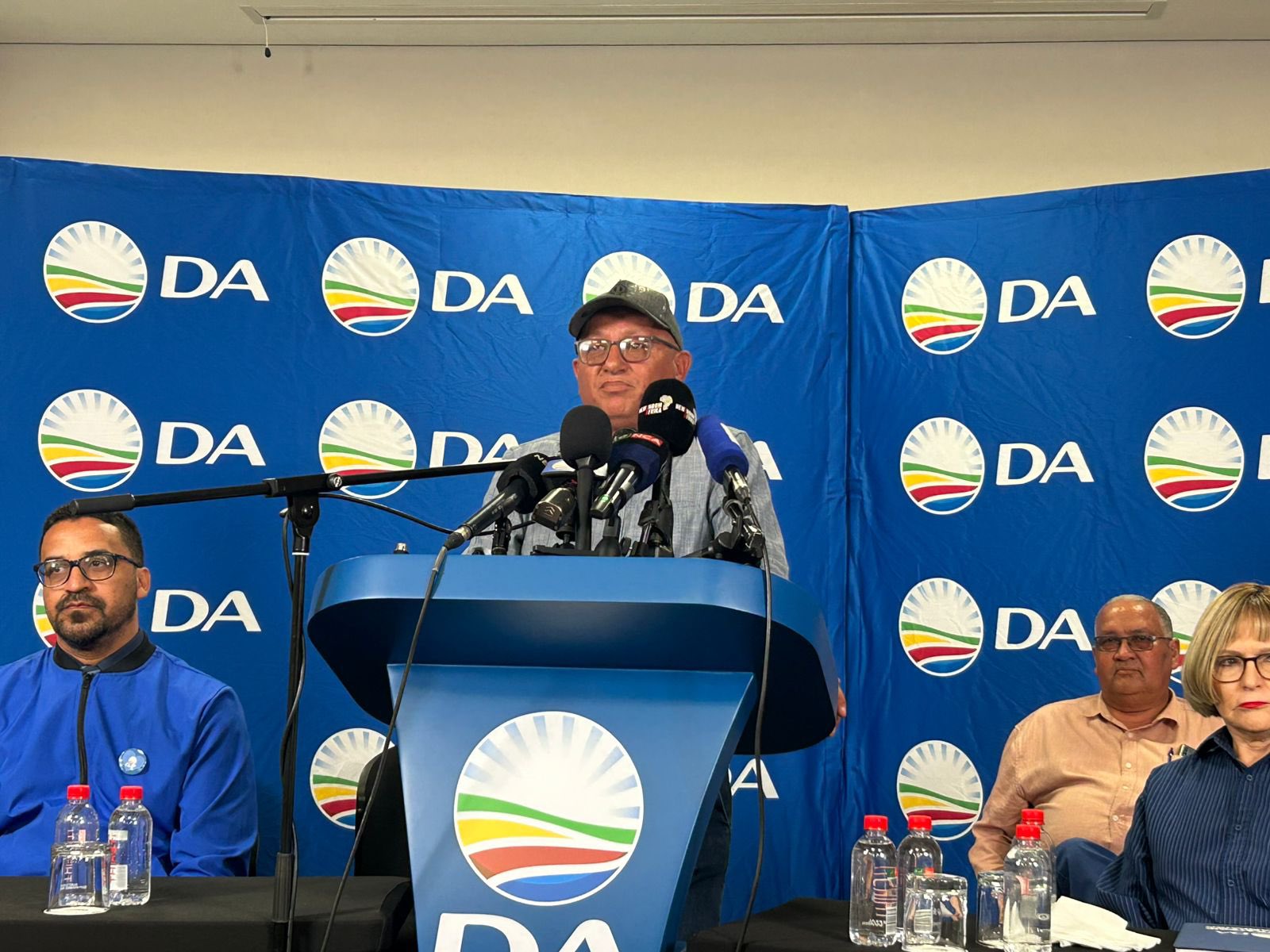Introduction
The recent political landscape in South Africa has witnessed a significant shift with the announcement that Neville Delport has officially joined the Democratic Alliance (DA). His move to the DA is seen as a paradigm shift in local politics, offering opportunities for renewed dialogue and engagement in the political sphere. Delport’s extensive experience and influence could play a crucial role in shaping the DA’s strategies and policies moving forward.
Background on Neville Delport
Neville Delport, who previously represented the African National Congress (ANC), has been a notable figure in South African politics for several years. Delport has been instrumental in local governance, holding various key positions and advocating for numerous social and economic reforms. His switch to the DA has been interpreted as a reflection of both personal conviction and a strategic alignment with the party’s vision for a more democratic and inclusive South Africa.
Significance of Joining the DA
Delport’s defection to the DA is not merely a personal choice; it represents a broader trend of disillusionment among some former ANC members, indicating potential divisions within the ruling party. Political analysts suggest that his experience may help the DA expand its influence, particularly in the regions where he has previously held sway. This transition could also be a signal to other ANC members who may be reconsidering their affiliations amid the challenges faced by the ruling party.
Reactions from Political Circles
The announcement has stirred reactions across the political spectrum. The DA welcomed Delport with open arms, citing his commitment to liberty and equality as core values shared by the party. Conversely, ANC leaders have expressed disappointment, emphasizing the integrity and progress made under their administration despite acknowledging that some party members are facing dilemmas about their future.
Conclusion
In conclusion, Neville Delport’s decision to join the Democratic Alliance marks a significant moment in South African politics, symbolizing both personal evolution and shifting allegiances in the political realm. His background and insights are anticipated to play an essential role in the DA’s outreach and engagement efforts, especially leading up to the upcoming elections. As political dynamics continue to evolve, this development offers a glimpse into the changing attitudes and priorities of South African voters, making the future of political alignments all the more intriguing.
